The 25 Most Common Travel Myths DEBUNKED

Travel should feel exciting—not overwhelming. But outdated advice and stubborn myths often make it seem harder than it is. From money worries to safety fears, these misconceptions have kept way too many would-be adventurers grounded.
The good news? Most of them aren’t true. Once you ditch the myths, travel becomes way more accessible, affordable, and fun than you might think. Let’s clear the air and get you one step closer to your next great adventure.
1. Travel Is Always Expensive

The misconception that traveling requires a fortune often looms large, but it doesn’t have to be this way. Affordable travel is within reach with options like off-season trips, budget airlines, and local accommodations. Smart planning can transform a hefty price tag into an achievable adventure.
Travel enthusiasts often find that exploring local cultures and cuisines can be done inexpensively. By skipping extravagant hotels and opting for budget-friendly experiences, travelers discover more authentic insights into a destination.
2. Solo Travel Is Dangerous
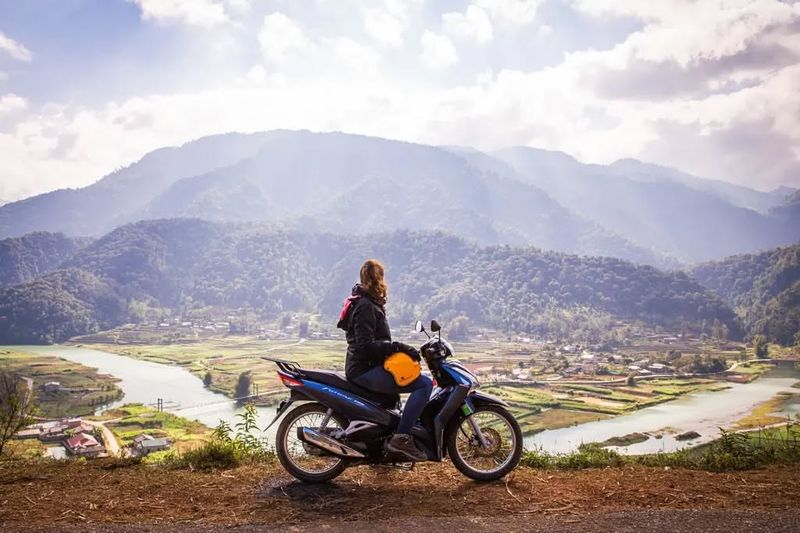
Traveling alone is often perceived as perilous, yet many solo adventurers find it empowering and enlightening. With the right precautions, such as research and vigilance, solo travel can be safe and fulfilling.
Embarking on a solo journey allows one to make spontaneous decisions and embrace personal growth. By connecting with locals and fellow travelers, solo explorers often forge meaningful relationships.
3. You Need To Quit Your Job To Travel The World
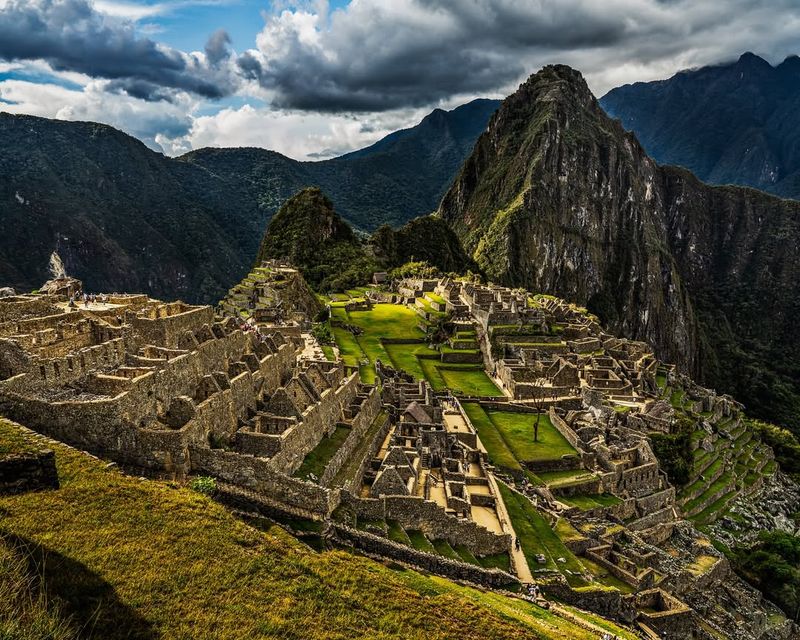
The notion that extended travel necessitates resigning from work is outdated. With remote work on the rise, many professionals find a harmonious balance between work and exploration.
Strategic planning, such as taking sabbaticals or utilizing vacation days, allows individuals to travel without sacrificing their careers. Embracing technology, they can maintain productivity while exploring new places.
4. Only Young People Can Travel Long-Term
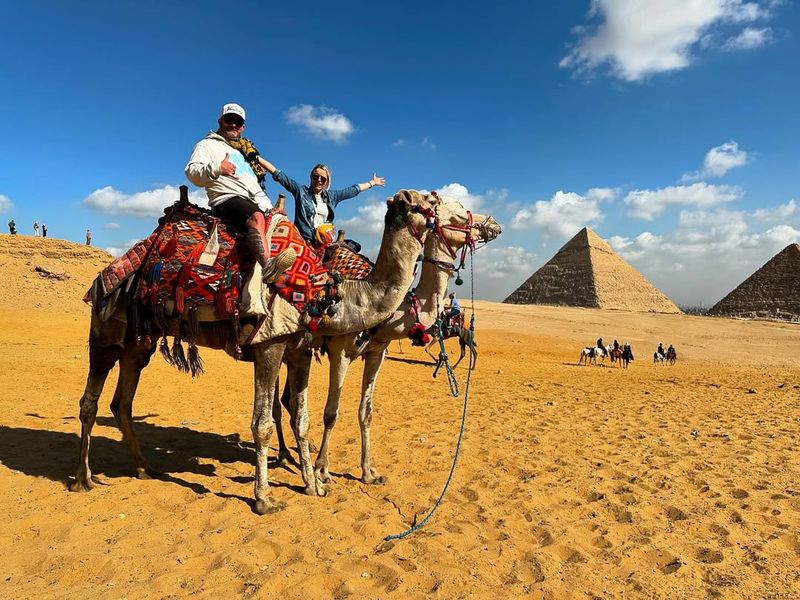
Traveling isn’t just a young person’s game; people of all ages embark on long-term journeys, discovering new paths in life. Whether it’s a gap year, sabbatical, or retirement adventure, age is no barrier.
Mature travelers often find joy in slow travel, savoring each moment and making meaningful connections. They approach travel with wisdom and curiosity, enhancing their experiences.
5. Hostels Are Dirty And Unsafe
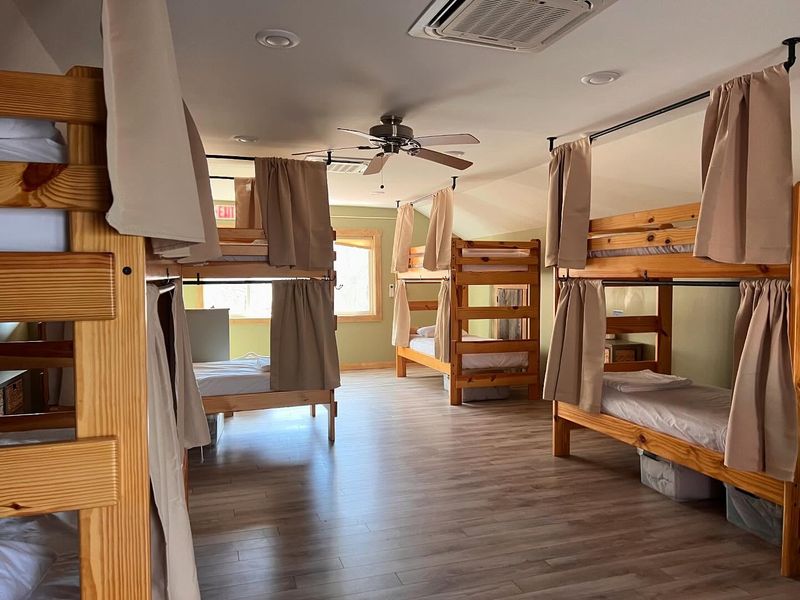
Today’s hostels offer modern amenities, clean environments, and strong security measures to ensure guests’ comfort. The image of a grimy, unsafe hostel belongs to the past.
Many hostels provide private rooms, allowing travelers to enjoy privacy while still benefiting from a communal atmosphere. They often host events that encourage friendships and cultural exchange.
6. You Must Speak The Local Language Fluently
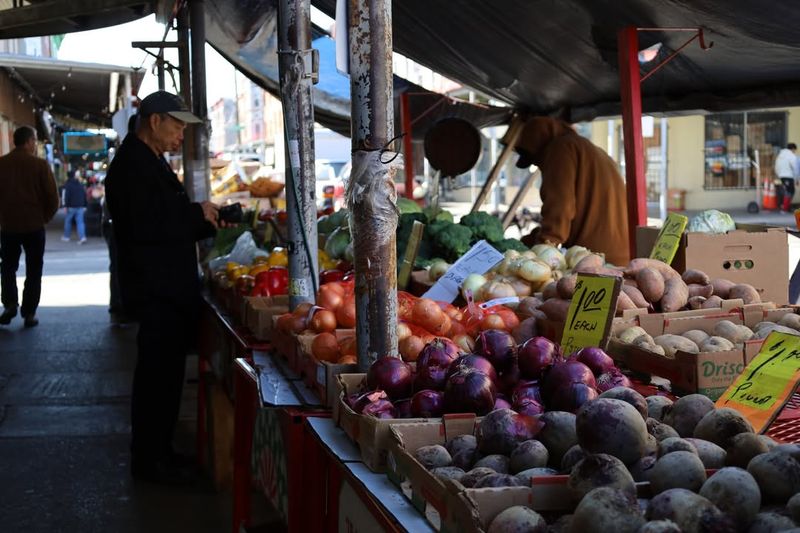
Language barriers loom large in the traveler’s mind, but fluency isn’t a necessity. Basic phrases, translation apps, and body language often suffice to communicate effectively.
Travelers find that a genuine smile and willingness to engage go a long way in bridging language gaps. Many locals appreciate the effort to communicate, creating connections beyond words.
7. Travel Insurance Is A Waste Of Money
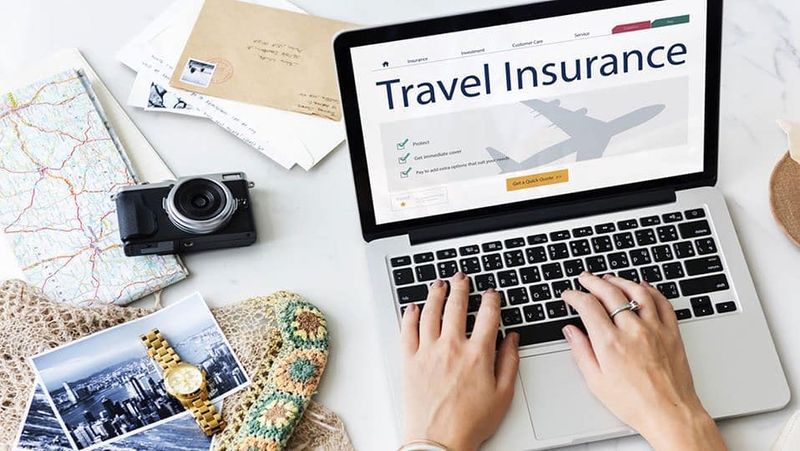
Vacation insurance might seem like an unnecessary expense until it’s needed. Skipping it can lead to costly regrets if unforeseen circumstances arise.
Whether it’s medical emergencies, trip cancellations, or lost belongings, travel insurance provides peace of mind and financial protection. It’s an essential part of a well-planned journey. Investing in travel insurance ensures that unforeseen events won’t derail your adventure.
8. Carrying Cash Is Safer Than Using Cards

We’ve all heard this one! The belief that cash is the safest payment method abroad is increasingly challenged by technology. Digital wallets and cards offer security, convenience, and flexibility.
Carrying a small amount of local currency is wise, but relying solely on cash can pose risks. Modern payment methods often provide better protection against theft and fraud.
Travelers find that a mix of payment options ensures both convenience and security, allowing them to enjoy their adventures without financial worries.
9. You Need A Detailed Itinerary To Travel

A packed travel agenda may seem necessary, but spontaneity often leads to richer experiences. Traveling without rigid plans allows for unexpected adventures and authentic connections. Whether it’s a hidden café or an impromptu festival, leaving room for the unplanned lets travelers uncover hidden gems.
Flexibility fosters creativity and enhances the joy of exploration. The beauty of travel lies in the freedom to roam, discover, and embrace the moment. By trusting intuition and curiosity, travelers can craft their unique journey, free from the constraints of a detailed plan.
10. Traveling As A Couple Will Ruin Your Relationship

The fear that tirps strain relationships can deter couples, yet many find they strengthen their bond. Shared adventures often deepen understanding, communication, and trust.
Traveling together offers opportunities to navigate challenges and celebrate triumphs, creating memories that last a lifetime. It’s a chance to grow together and appreciate each other’s strengths.
11. You Can’t Travel With Kids

Many believe that having children curtails travel, but family adventures are not only possible but enriching. Kid-friendly travel opens new avenues for bonding and discovery.
With thoughtful planning, families can enjoy destinations that cater to young explorers, offering activities that engage and educate. Children often add wonder and excitement to the journey.
Traveling with kids teaches patience, adaptability, and joy in simple pleasures. It creates lasting memories and fosters a love for exploration in the next generation. Family travel is an invitation to see the world through fresh eyes.
12. Street Food Is Always Unsafe

Street food often gets a bad rap, yet it offers a taste of authentic local culture. Safety lies in choosing vendors with high turnover and visible hygiene practices.
Travelers find that street food is not only delicious but also budget-friendly, allowing them to enjoy diverse culinary experiences. By being mindful, they savor the genuine flavors without compromising safety.
13. Travel Is Only For The Wealthy

The belief that travel is a luxury only for the wealthy overlooks creative ways to explore the world on a budget. Travel hacks like flight deals, hostels, and slow travel make it accessible to many.
By prioritizing experiences over extravagance, travelers find that budget-friendly adventures offer deeper insights into local culture. Affordable doesn’t mean compromising on quality.
14. The Airport Is Always The Cheapest Place To Exchange Currency
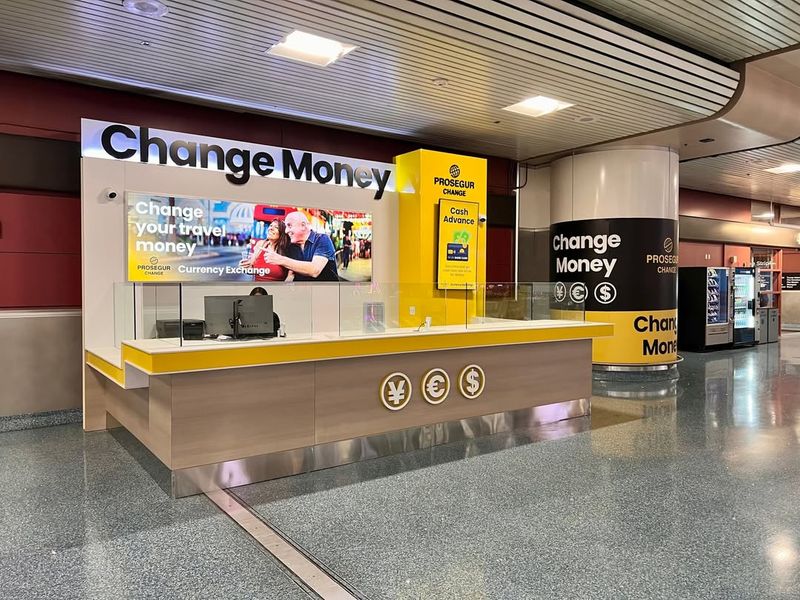
Exchanging money at the airport might seem convenient, but it often comes with high fees and poor rates. Savvy travelers seek alternatives like local banks or ATMs for better value.
By planning ahead and researching options, travelers can save money and enjoy more of their destination. It’s a small change that enhances the overall travel experience.
15. You’ll Get Sick If You Drink The Water abroad

Not all foreign water is unsafe, yet the fear persists. Water safety varies by country, and travelers often find reliable local advice helpful. Bottled or boiled water can mitigate risks.
Understanding local guidelines ensures health and enjoyment without unnecessary worry. Many destinations offer safe drinking water, and knowing where those are can add confidence.
16. The Best Time To Book Flights Is On A Tuesday
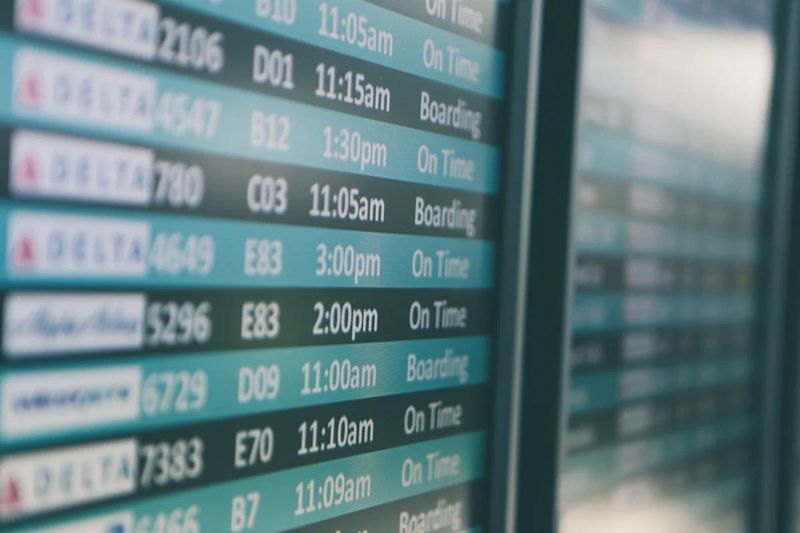
The myth of Tuesday flight deals is widespread, but flight pricing is more about timing, demand, and flexibility than specific days. Savvy travelers use tools and alerts to find the best deals.
Understanding the nuances of flight pricing allows for strategic booking, maximizing savings without relying on old wives’ tales. It’s about being informed and adaptable.
17. Travel Loyalty Programs Aren’t Worth It

Loyalty programs might seem pointless, yet frequent travelers find real value in points, perks, and upgrades. Regular participation can lead to significant savings and enhanced experiences.
From free flights to exclusive access, loyalty programs reward consistency and smart planning. They offer a way to elevate travel without extra cost.
18. Flying Is Always Faster Than Taking The Train

Flying might seem the quickest way to travel, but trains often rival planes in efficiency, especially in Europe and Asia. Train travel offers scenic views and a relaxed pace without airport hassles.
For shorter distances, trains often save time with central departures and arrivals, skipping security lines and boarding woes. They provide a unique perspective that’s often missed in flight.
19. You Have To Visit All The “Must-See” Spots
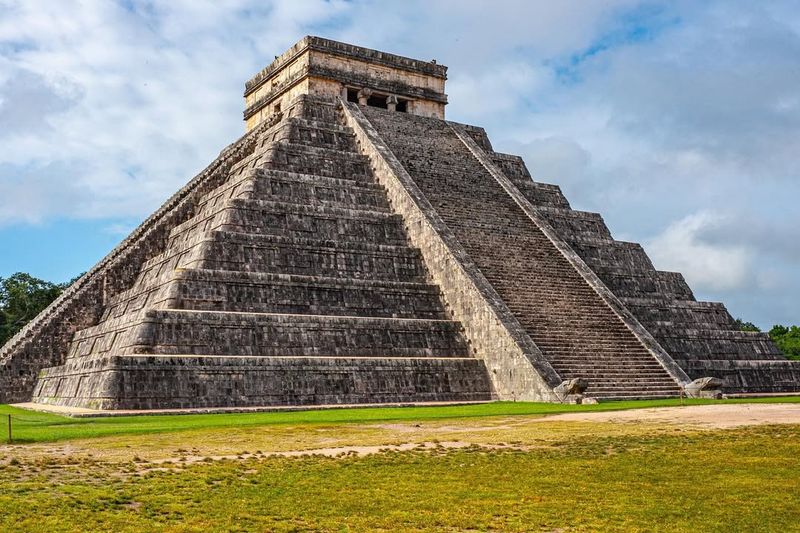
The pressure to tick off famous attractions can overshadow personal interests. Skipping them in favor of unique experiences leads to more meaningful travel.
Travelers often find joy in exploring lesser-known sites, connecting with local culture, and crafting a personalized adventure. It’s about what resonates with the individual, not the checklist.
20. Booking Last Minute Is Always Cheaper

The allure of last-minute deals often backfires with higher prices and limited options. Planning ahead usually offers more savings and flexibility.
Knowing when to book and when to wait is a skill that seasoned travelers hone, maximizing both budget and experience. It’s about being strategic rather than impulsive.
21. It’s Dangerous To Travel To Unfamiliar Places
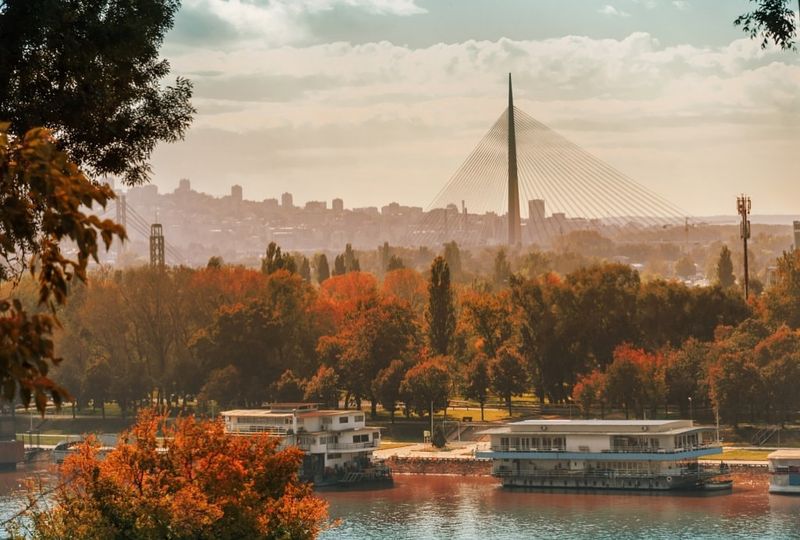
The fear of the unknown can deter travelers, yet many find those destinations to be the most rewarding. Research and local guidance often reveal that fears are exaggerated.
By embracing the unknown and preparing wisely, travelers discover hidden gems and unique cultures. It’s a journey into the heart of a place, guided by curiosity and respect.
22. Travel Always Means Going Far From Home

Travel conjures images of distant lands, yet local exploration often yields equally rich experiences. Road trips, regional getaways, and nearby adventures redefine what travel means.
Exploring close to home can uncover hidden treasures and offer a fresh perspective on the familiar. It’s a chance to connect with local culture and history without the need for passports or long flights.
23. You Should Always Pack Light

Light packing is praised, yet it’s not a one-size-fits-all rule. Different trips require different approaches, and what works for one may not suit another.
Packing should reflect the destination, weather, and personal needs, ensuring comfort and convenience. Being prepared often means bringing more than the bare minimum.
Packing smart is about understanding what enhances the travel experience. It’s about comfort and preparedness, not adhering to rigid rules.
24. Travel Doesn’t Count Unless You Go Abroad

Domestic travel often hides in the shadow of international adventures, yet it offers equally enriching experiences. Exploring one’s own country reveals beauty and diversity often overlooked.
Local travel fosters appreciation for homegrown culture and history, offering insights without crossing borders. It challenges the notion that adventure requires distance.
25. Digital Nomad Life Is Easy And Glamorous

The romanticized view of working remotely from other countries overlooks challenges like time zones, visas, and balancing work with play. It’s not all beaches and laptops; it requires discipline and adaptability.
Many digital nomads juggle connectivity issues, cultural adjustments, and work-life balance. The freedom to work from anywhere comes with responsibilities and hurdles.
Living as a digital nomad demands planning and resilience, offering both freedom and complexity. It’s a lifestyle that rewards creativity and flexibility but requires more than a love for travel and technology.
